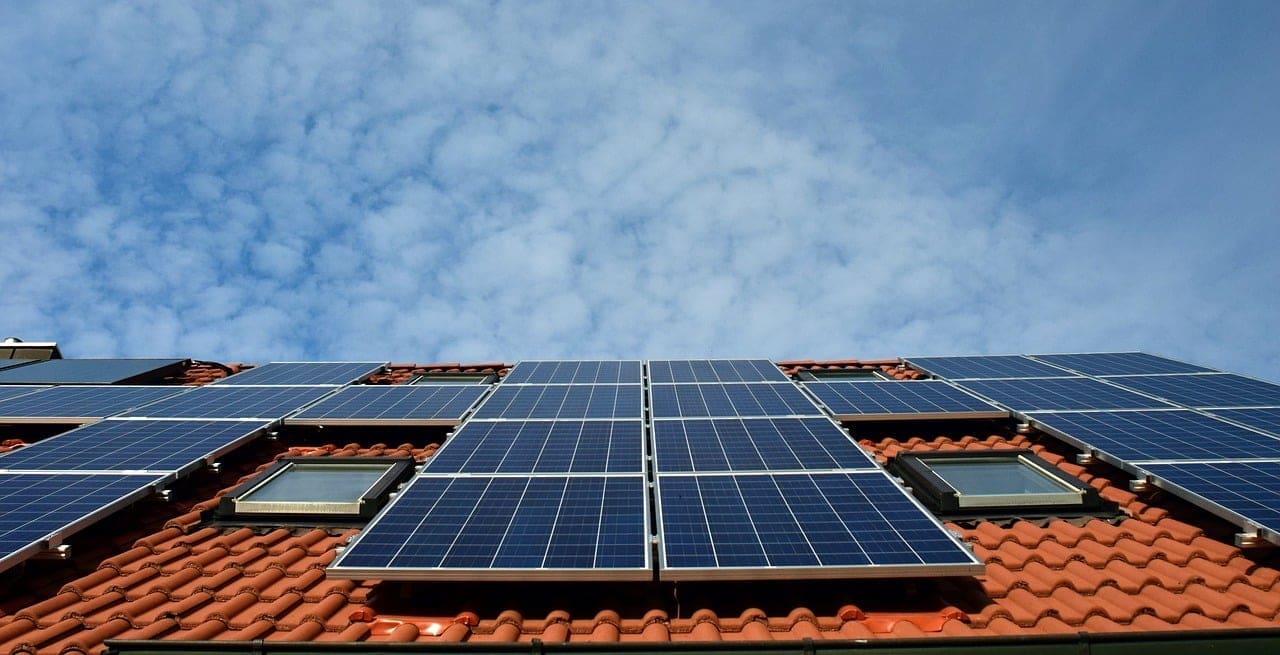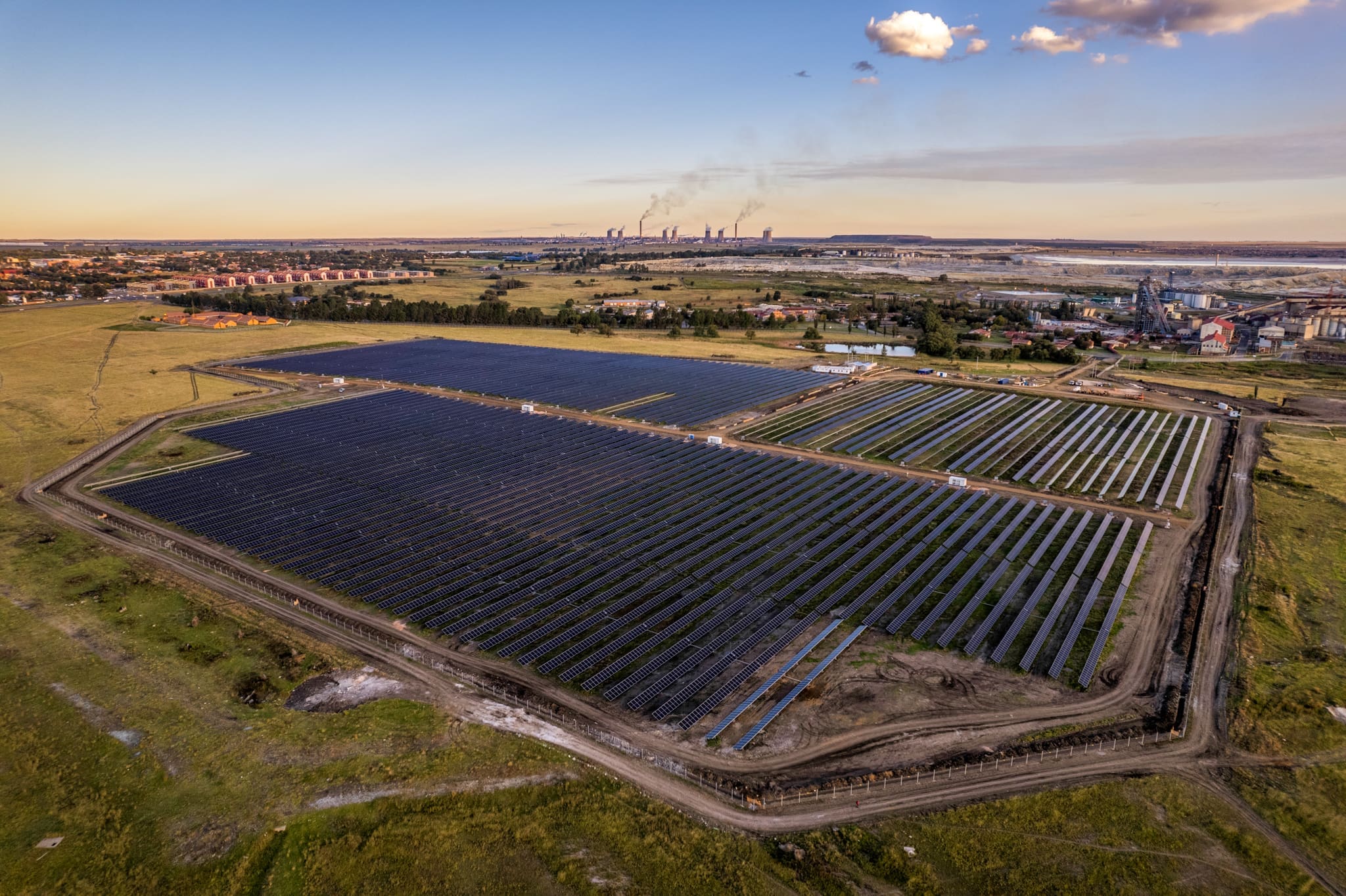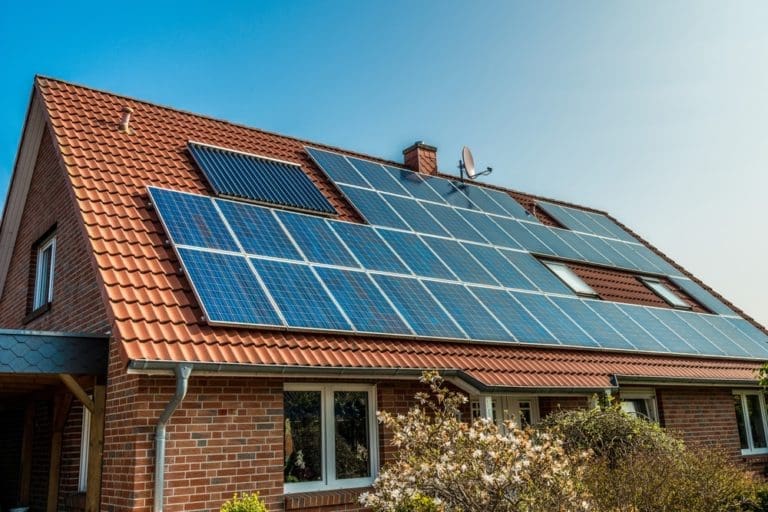As more South Africans look for alternative energy sources to cope with loadshedding, Massmart, in partnership with Retail Credit Solutions (RCS), has introduced a solar energy funding solution for its customers.
Massmart said in a statement the funding is available in the form of a loan of up to R250 000, which can be released within 24 hours through a convenient application process.
The retail group offers flexible payment plans, where fixed monthly repayments can be tailored to the customer’s monthly expense budget. To achieve this the repayment period can be extended from 12 to 60 months.
Varsha Dayaram, Senior Vice President for Financial Services at Massmart, says “We, in partnership with RCS, place very high emphasis on developing funding solutions to meet the needs of our customers and we have noted a significant increase in the number of people who want to fund solar energy projects for their homes.”
Sharing his thoughts on the announcement of this improved funding solution, Gavin Lomberg, Chief Commercial Officer at RCS says: “With the current energy crisis that we find ourselves in, we want to offer our customers the opportunity to meet their energy needs and achieve their desired lifestyles in a cost-effective way. Through this financing solution, we can offer much-needed assistance to cash-strapped South Africans by providing them with funding for their preferred, more sustainable energy requirements.”
These funding solutions are available at Makro, Builders and Game.
Also read: SA Government Introduces Renewable Energy, Solar Tax Incentive


Government has introduced a R9 billion tax relief programme to support South Africa’s clean energy transition, increase electricity supply and limit the impact of consistently high fuel prices.
The programme was on Wednesday unveiled by Finance Minister Enoch Godongwana while delivering the 2023 Budget Speech at the Cape Town City Hall.
In addition, the budget provides inflation-related adjustments to the personal income tax tables, the retirement tax tables, transfer duties and excise duties for alcohol and tobacco.
The 2023 Budget Review report indicates that while R4 billion in relief was provided for households that install solar panels, R5 billion was provided to companies through an expansion of the renewable energy incentive.
Above this, there would be no increase in fuel levies, resulting in R4 billion in tax foregone, reads the report.
Also read: SA’s Tax Incentives For Installing Rooftop Solar – Frequently Asked Questions


This note sets out the basic characteristics and requirements for the solar panel incentive announced by
the Minister of Finance on 22 February 2023. This is meant to help individuals in their immediate decision
making, rather than postponing any solar installation until the legislative process can be finalised.
WHAT IS THE OBJECTIVE OF THE INCENTIVE?
Government proposes this programme to encourage households to invest in clean electricity generation
capacity which can supplement electricity supply. The incentive will only be available for 1 year to encourage
investment as soon as possible.
This note sets out the basic characteristics and requirements for the solar panel incentive announced by
the Minister of Finance on 22 February 2023. This is meant to help individuals in their immediate decision
making, rather than postponing any solar installation until the legislative process can be finalised.
WHAT IS THE OBJECTIVE OF THE INCENTIVE?
Government proposes this programme to encourage households to invest in clean electricity generation
capacity which can supplement electricity supply. The incentive will only be available for 1 year to encourage
investment as soon as possible.
WHAT CAN BE CLAIMED?
Individuals will be able to claim a rebate to the value of 25% of the cost of new and unused solar photovoltaic
(PV) panels, up to a maximum of R15 000 per individual.
For example, a person buys 10 solar PV panels, at a cost of R4000 per panel (so total cost of R40 000). That
person would be able to claim 25% of the cost up to R15 000, so R10 000.
A different person is able to buy 20 panels at a cost of R4000 per panel (so total cost of R80 000). The
calculation of 25% adds up to R20 000, but they can only claim R15 000.
